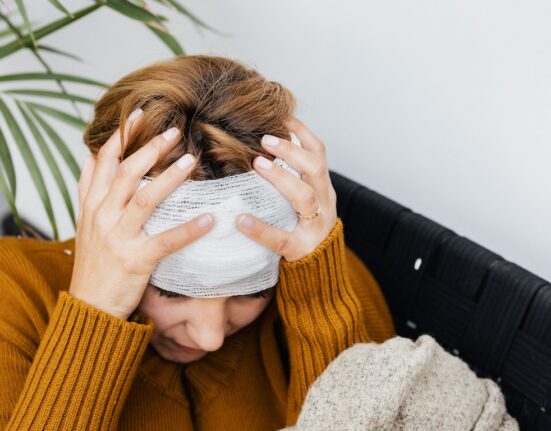A migraine can appear out of nowhere. However, some triggers can indicate that a migraine attack is imminent.
Each person’s triggers are unique, but there are a few common ones that affect most people. When one identifies their migraine triggers, they are a step closer to managing them effectively and avoiding future attacks.
Here are some of the most common migraine triggers and how to deal with them.
Stress
Stress is a trigger for nearly 70% of the people affected by migraine, and one study found a correlation between daily stress and migraine activity.
– How to deal with it:
Begin by listing the things that cause excessive stress and tension and then work to reduce these triggers. Meditation, exercise, and a regular sleep schedule help in stress management. They can alter the body’s physiological response to stress, reducing its ability to trigger a migraine attack.
Erratic Sleeping Patterns
The link between migraine and sleep is undeniable. Sleep rejuvenates and repairs all parts of the body, including the brain. When a person’s sleep schedule becomes erratic, they are more prone to migraine attacks.
– How to deal with it:
Go to bed at the same time every night and aim to get at least 7-8 hours of sleep. Refrain from texting, reading, or listening to music in bed, and avoid napping during the day.
Hormones
Women are three times more likely than men to suffer from migraines. Up to 75% of women report having attacks during their menstrual cycle.
– How to deal with it:
Aside from lifestyle and dietary changes, some birth control methods can help stabilize hormone levels and prevent future migraine attacks. Consult with a headache specialist or gynecologist to determine the best treatment plan.
Weather Changes
Storms, extreme heat, and changes in barometric pressure are all common migraine triggers that can result in a migraine attack.
– How to deal with it:
If the current weather conditions are not conducive to a person’s migraine, they should remain indoors or adjust their schedule accordingly.
Diet
Foods high in histamine and MSG, chocolate, artificial sweeteners, caffeine, cured meats, and anything with a strong odor are all known migraine triggers.
– How to deal with it:
Identify specific food triggers and avoid them as much as possible. Follow a migraine diet to eliminate foods and ingredients that cause them.
Dehydration
Dehydration causes debilitating headaches in about one-third of migraine sufferers. Dehydration has a wide-ranging impact on the body, causing dizziness, confusion, and even a medical emergency.
– How to deal with it:
A person should always have a water bottle and track how much fluid they consume.








